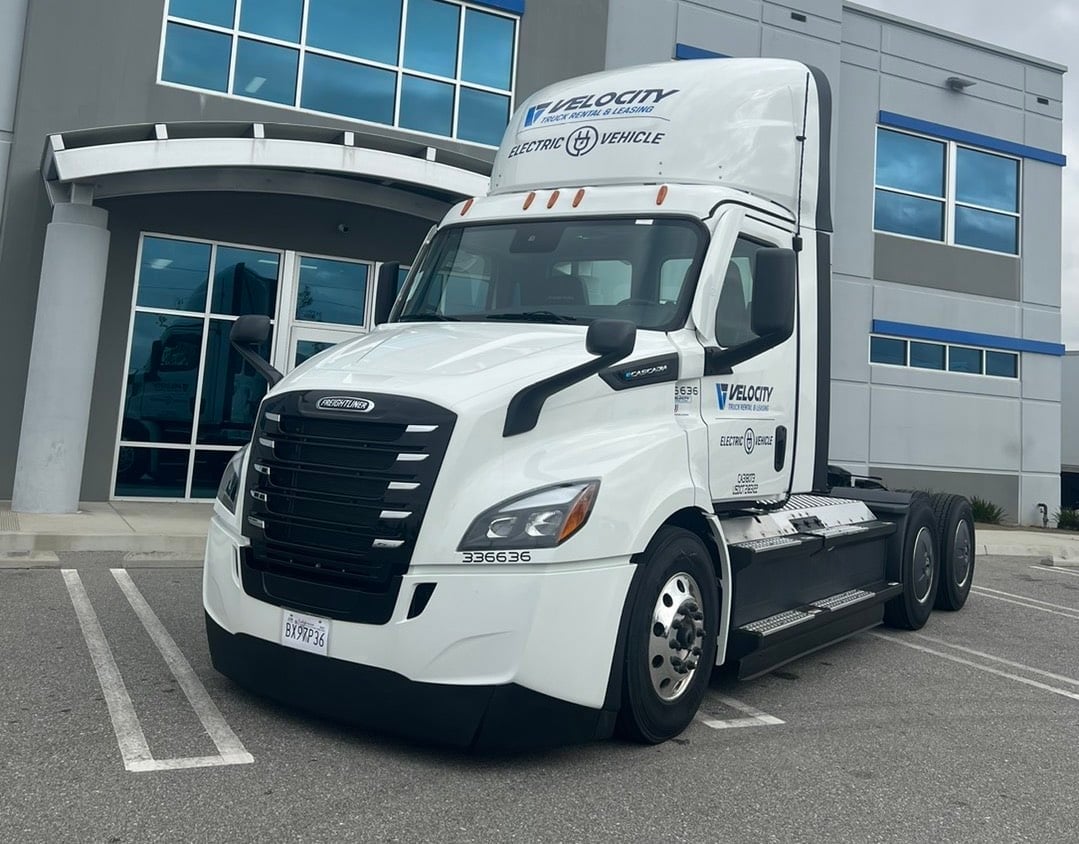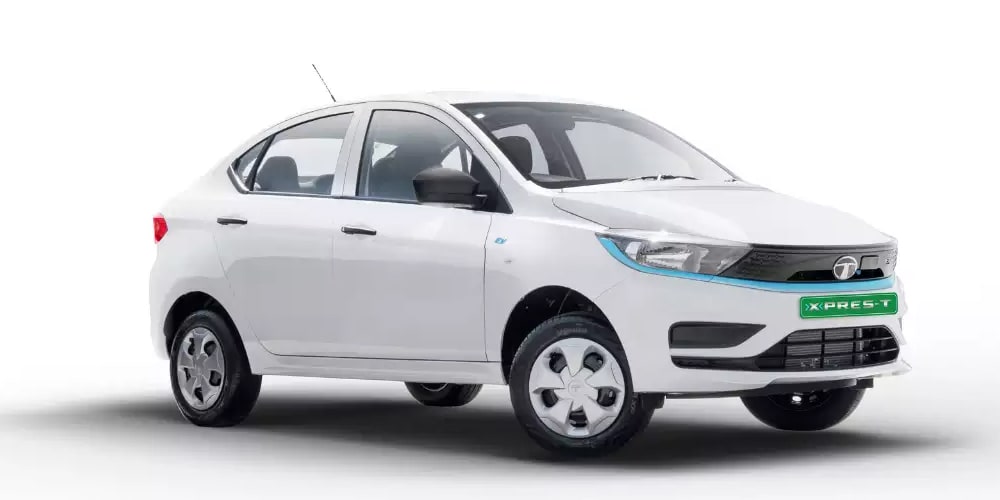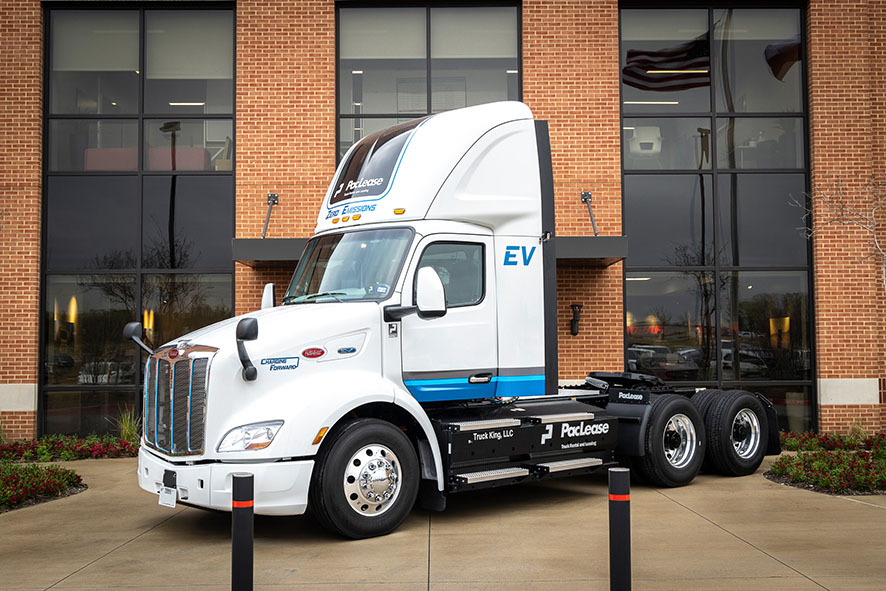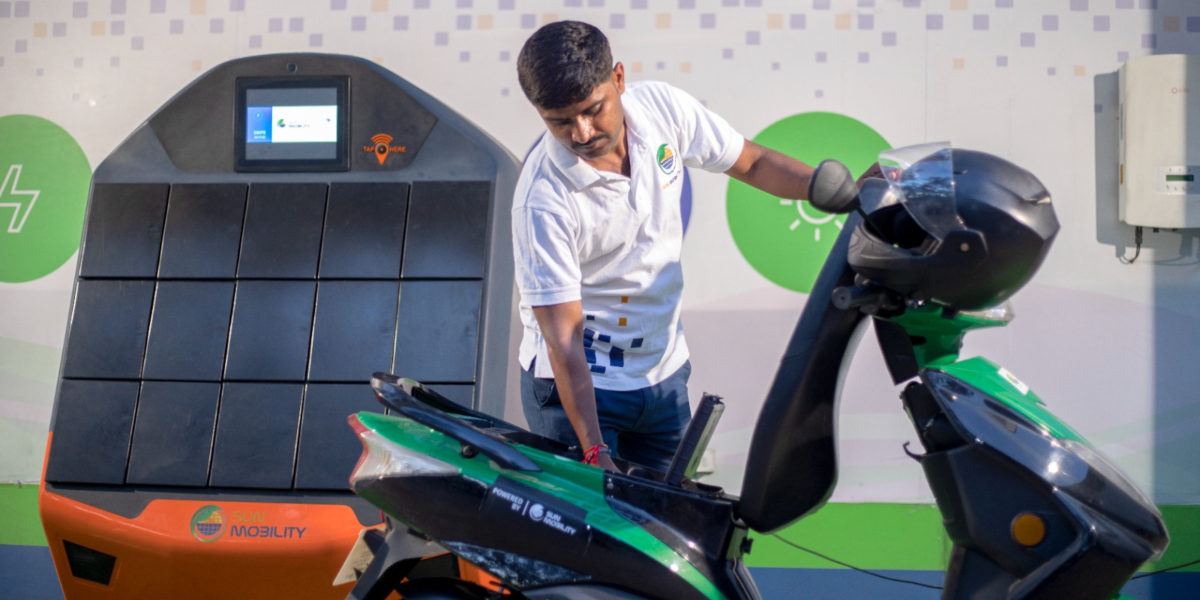Burger King, the second-largest fast-food hamburger chain globally, is taking bold steps to limit the impact of its operations on the environment. With nearly 19,000 locations across 100 countries, the company has a great responsibility to ensure sustainability. To achieve this, Burger King has committed to reducing greenhouse gas emissions and increasing the use of renewable packaging and recycling to reduce waste.
This week, Burger King announced its plans to transition its North American field team fleet to 100% electric vehicles (EVs) by 2030. The company has already transitioned nearly one-third of its field team fleet to EVs across 16 states, and aims to have an entire zero-emission EV fleet by 2030.
The field team lives in various states and travels to franchise locations to work closely with management and the Burger King team to enhance the customer experience, traveling over 1,500 miles on average monthly. Burger King is working with Element Fleet Management, a leading automotive fleet manager, to expand its EV fleet.
The move toward EVs follows other fast-food chains’ initiatives to introduce sustainable electric vehicle solutions of their own. For instance, Subway recently unveiled its “EV charging oasis” for EV drivers to charge up while eating at the restaurant, complete with picnic tables, restrooms, green space, playgrounds, Wi-Fi, and more. Similarly, Taco Bell revealed plans last year to introduce fast chargers at its locations in partnership with Tritium and ChargeNet.
As the world moves toward zero-emission, fully electric vehicles, fast-food companies are looking to accommodate their existing customers and attract a new market. With its transition to electric vehicles, Burger King is taking a significant step toward a more sustainable future for fast food.







